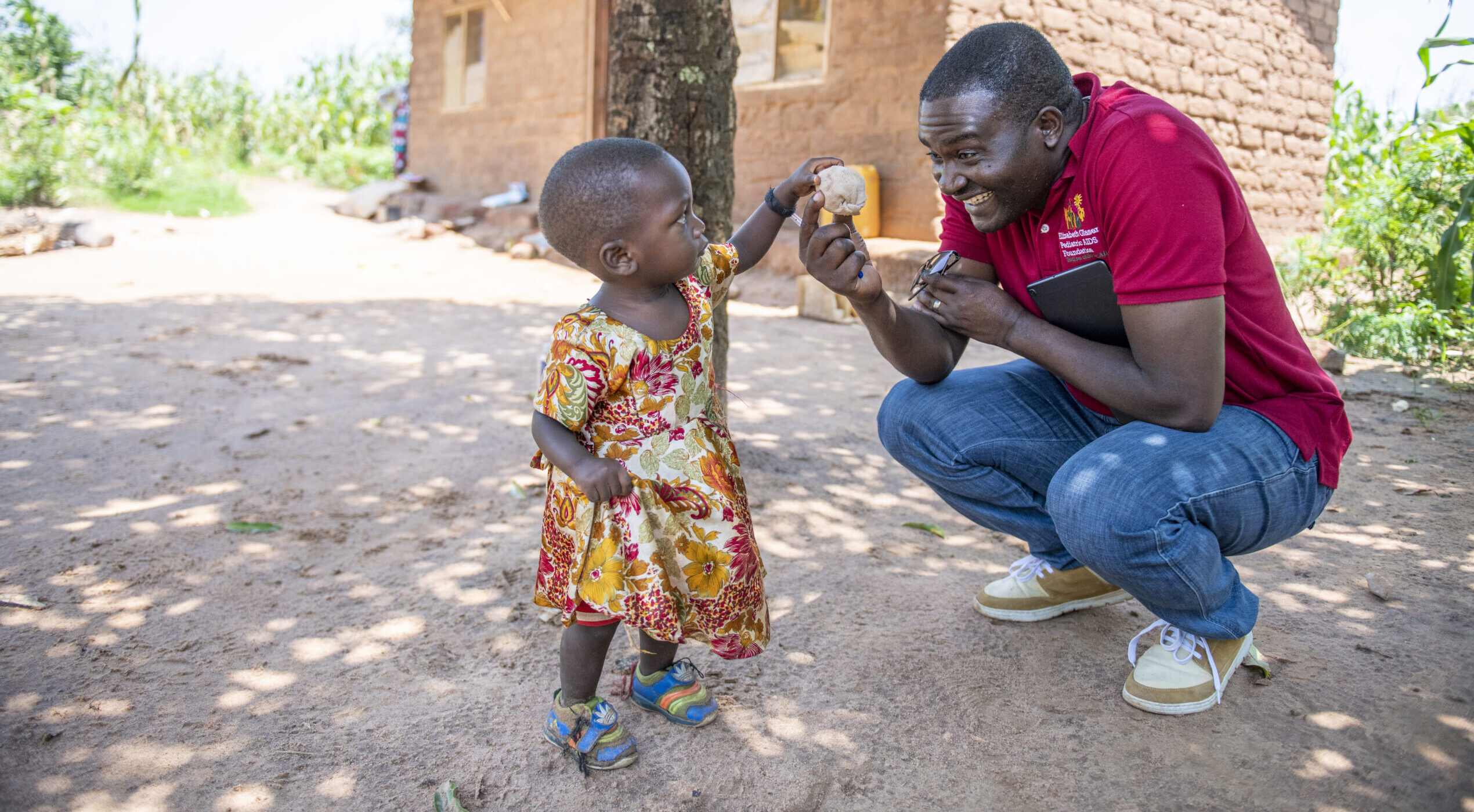Background
Community health workers (CHWs) play significant roles in improving health practices in under- resourced communities. This study evaluated an early childhood development (ECD) project in Tanzania assessing the effect of mobile video use, supervision and mentorship to improve quality of CHW counseling skills.
Methods
CHWs participating in the Malezi Project in Tabora Region were enrolled in a mixed methods pre-post evaluation. CHWs previously trained in UNICEF’s Care for Child Development package were further trained in counselling caregivers on nurturing care and father engagement using videos. Health providers were trained to provide ECD-focused supervision/mentorship of CHWs in facilities and during home visits. At baseline and endline, CHWs completed interviews and trained study staff observed and scored CHW counseling sessions using a structured checklist which were reduced into six dimensions through principal component analysis: introduce, educate, ask, plan/problem solve, interact/encourage, and responsive care. Twenty-five in-depth interviews were completed with caregivers and four focus group discussions with CHWs were conducted.
Results
Almost all (n = 107; 95%) 119 enrolled CHWs completed the expected eight observations (n = 471 baseline; n = 453 endline). At endline, more CHWs reported having one-on-one meetings with their supervisors (51% increasing to 75%; p < .0002) and that supervisors accompanied them to households for mentoring (60% increasing to 89%; p < .0001). We observed a shift in CHW counselling skills in clinic and home sessions. Scores in the categories
of introduce, plan/problem solve, and interact/encourage significantly improved between baseline and endline; scores for ask and educate remained unchanged or decreased at both timepoints. Two-thirds of caregivers interviewed reported that father’s involvement with their child increased due to CHW visits. Male participation increased in home observation sessions from 5.6% at baseline to 17.6% at endline (p < .0001).
Conclusion
Use of videos, supervision, and mentorship were associated with CHW performance improvements in providing nurturing care counselling and in father engagement, especially in home settings.




